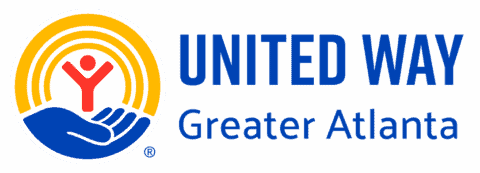1905 - 1920s: Born from collaboration & innovation
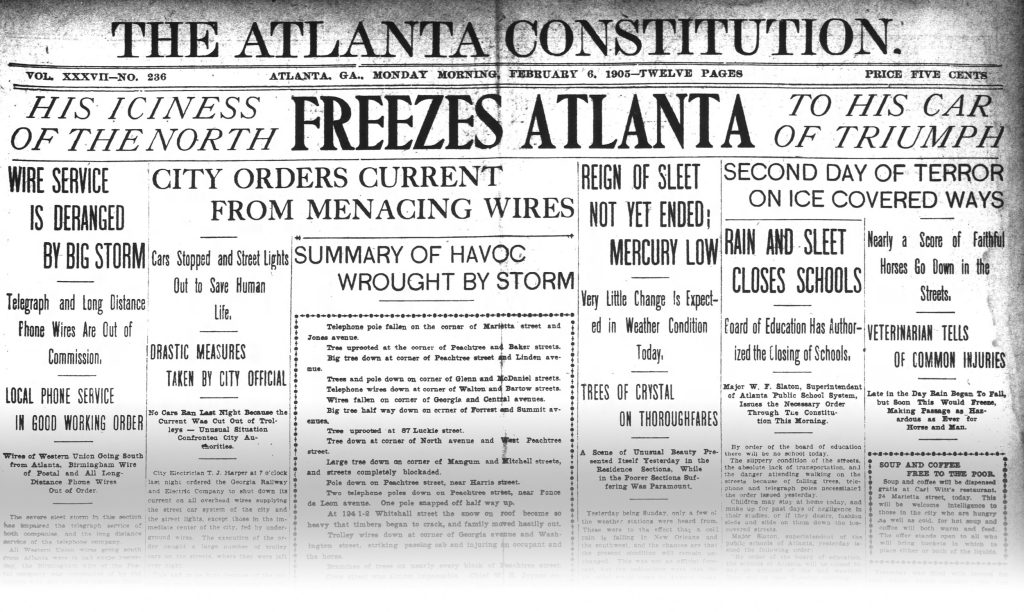
1905
Joseph Logan leads the way
In response to a massive snow and ice storm that disabled Atlanta, local leaders came together to raise and distribution funds, food and coal for those in need, with 27-year-old attorney Joseph Logan rallying the community. These collective response efforts led to the formation of Associated Charities of Atlanta, which later became United Way of Greater Atlanta. This marked the beginning of organized community support in Atlanta.
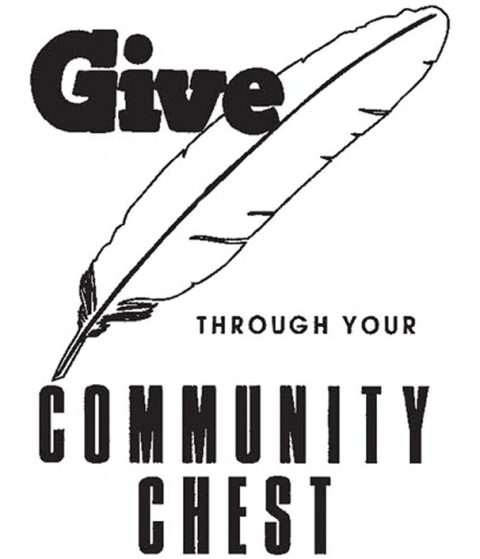
1923
Atlanta Community Chest
The success of War Chest efforts during World War I inspired a “Community Chest” movement across the country—if citizens could rally together during wartime, they could also unite for the common good in times of peace. In 1923, Associated Charities became the Atlanta Community Chest, centralizing nonprofit fundraising efforts and drawing on Atlanta’s collective strength for community problem solving.
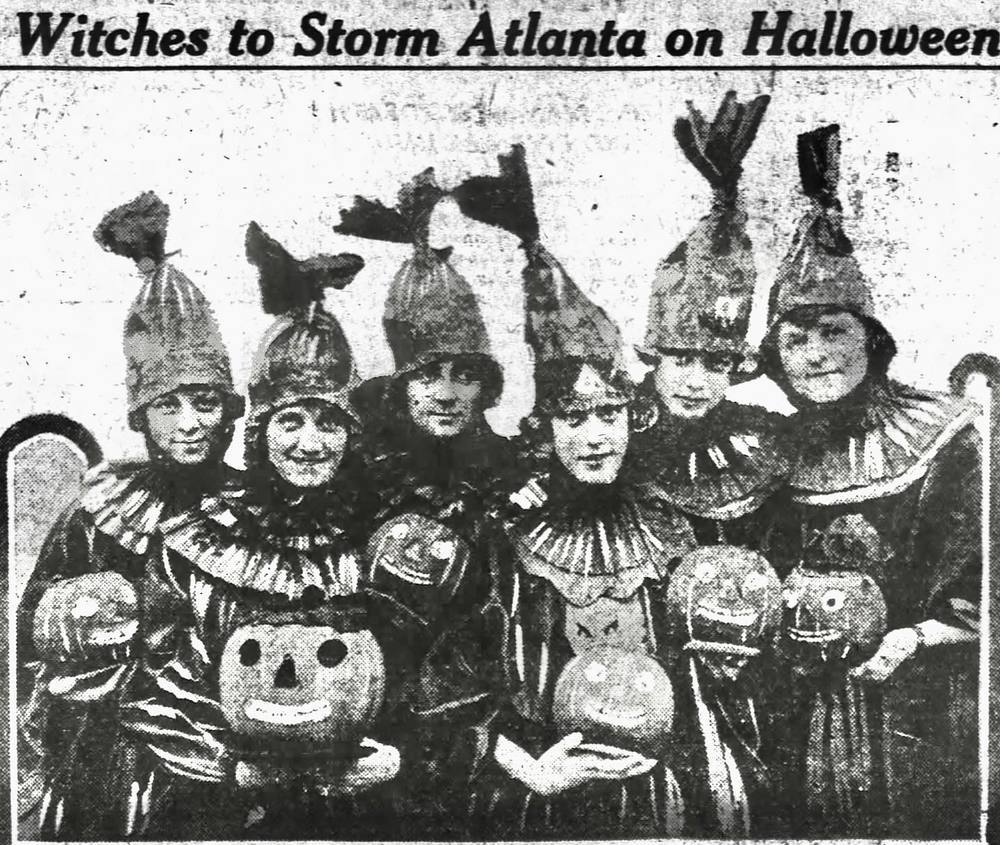
1924
Atlanta Witches Club
In the 1920s, Community Chest partnered with the Atlanta Witches Club, a group of community-minded women who dressed as witches every Halloween to collect funds for local orphanages.
1930s - 1960s: Building a network of community support
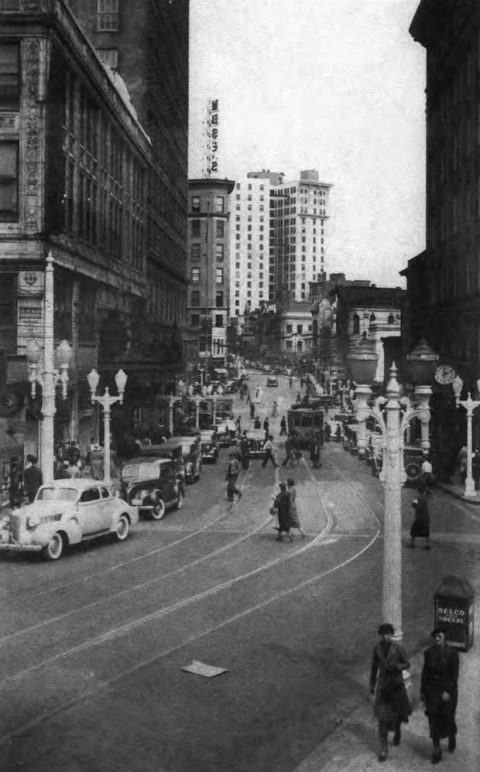
1932
Great Depression assistance
As the Great Depression threatened metro Atlanta’s economy, the Community Chest played a critical role in mobilizing community resources, despite donations reaching an all-time low. Companies such as The Coca-Cola Company stepped up to pay city workers and keep the city out of bankruptcy.
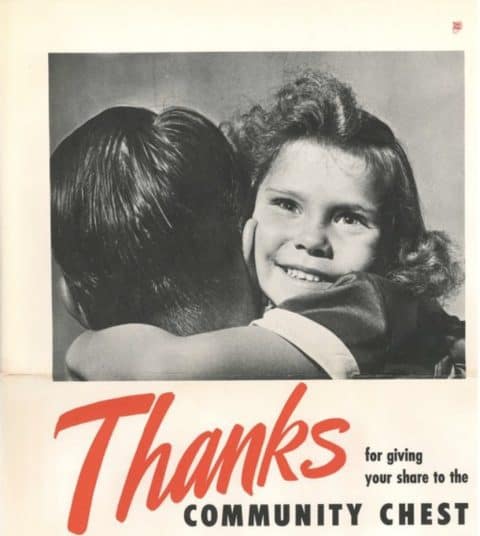
1942
World War II mobilization
Atlanta Community Chest supported war-related efforts by funding organizations that helped soldiers' families, war workers, and veterans returning home.
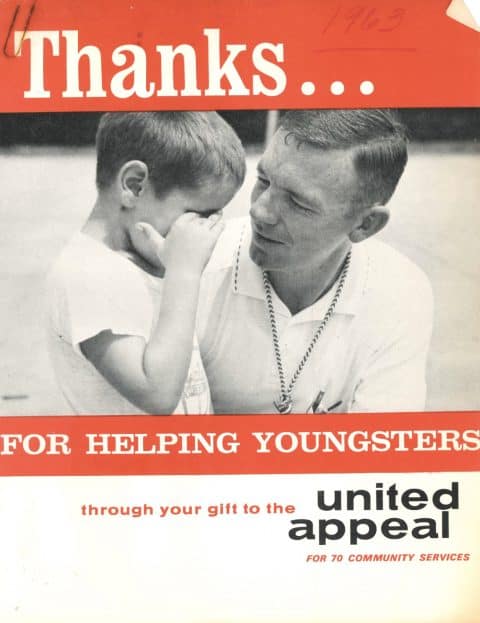
1959
United Appeal
In 1959, the American Red Cross and the Community Chest united their efforts, merging their Atlanta fund drives to form the United Appeal of Metropolitan Atlanta. This alliance demonstrated the strength of community collaboration in addressing local needs.
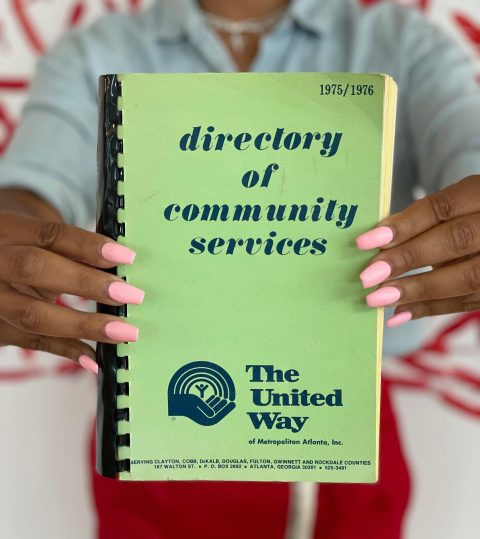
1966
Creation of Information & Referral Service
Referred to as “First Call for Help” and a precursor to today’s United Way 211, the Information & Referral Service connected more than 30,000 local callers each year with information about more than 500 private and public social service agencies.
1970s - 1990s: Scaling our impact for a growing region
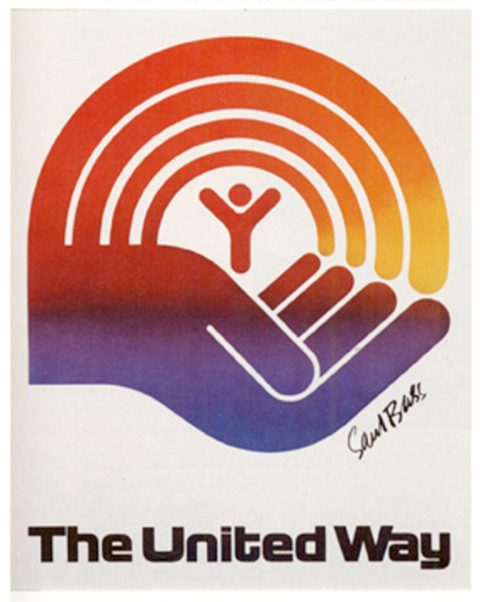
1972
United Way
In 1972, United Appeal and Community Chest became United Way, described by the board as “more than a change in name and symbol, United Way provides a new vital instrument for helping solve human problems of the 1970s.”
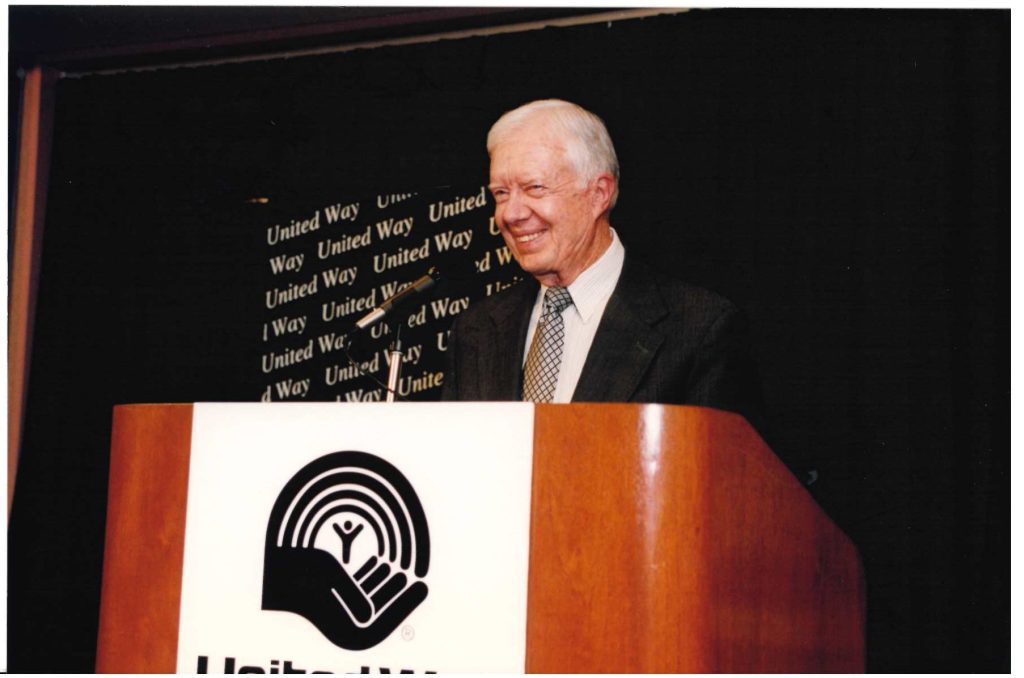
1977
President Jimmy Carter shows his support
In a nationally broadcast United Way message, President Jimmy Carter says: “Our people have always helped one another. That spirit of sharing overcame great obstacles and built our nation. I believe that spirit is still alive in our people today. Reaching United Way’s goals will give us all a greater opportunity to express our own humanity and compassion for one another.”
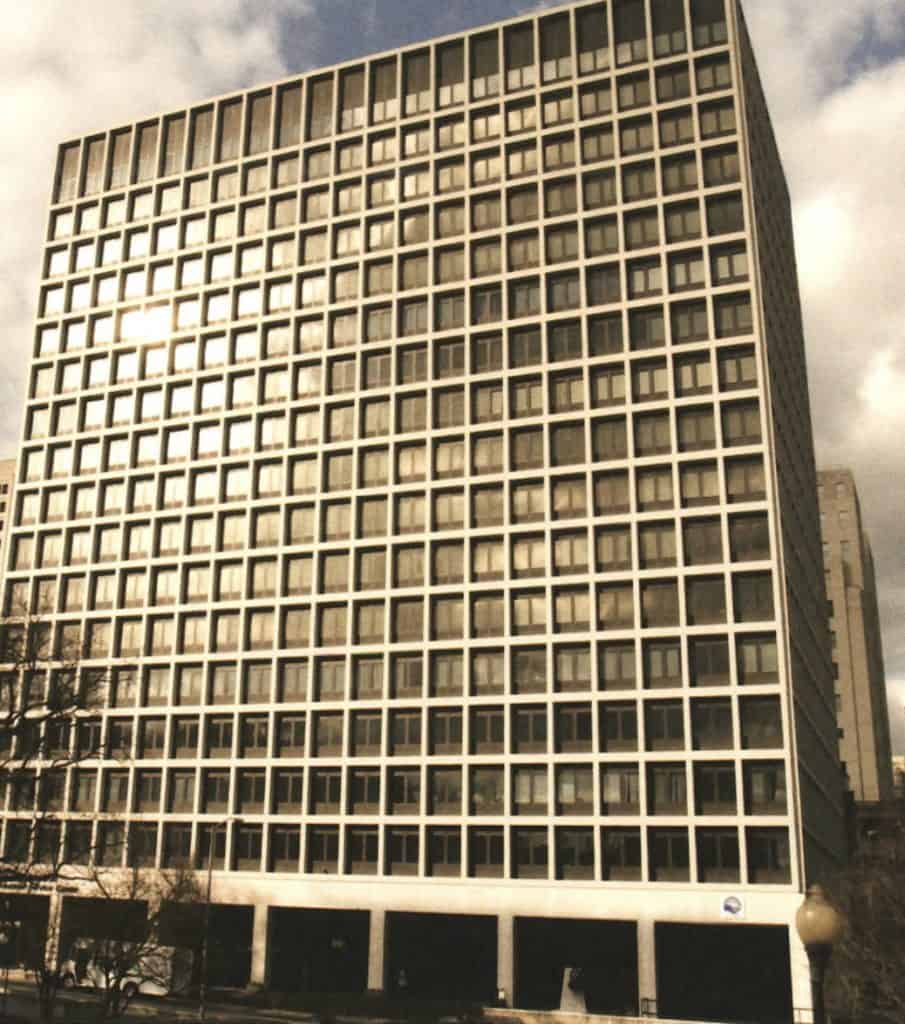
1980
Robert W. Woodruff Volunteer Service Center
United Way of Greater Atlanta moved to its offices at 100 Edgewood Ave., known as the Woodruff Volunteer Service Center. Designed for community collaboration, the center became home to more than 40 local human services organizations. The land and building were donated by Robert W. Woodruff, philanthropist and former president of The Coca-Cola Company.
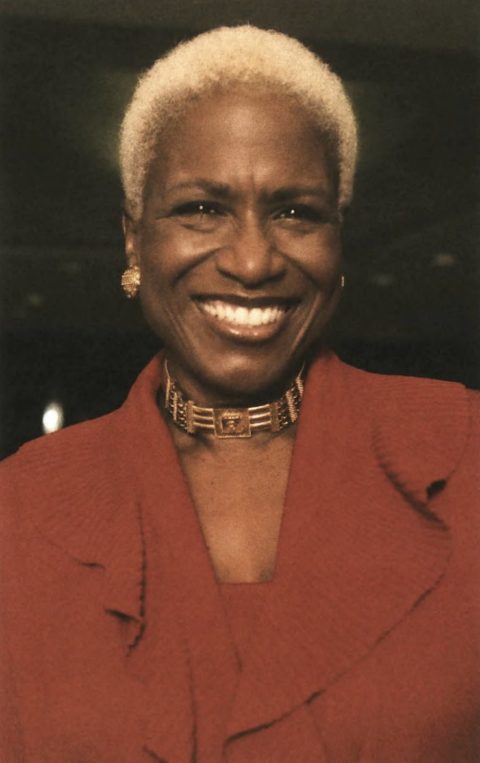
1988
Monica Pearson chairs the board
After making history at WSB-TV, in 1988 Monica Kaufman Pearson also blazed a trail at United Way as the first African-American and second woman to chair our Board of Directors. Of her groundbreaking role, she said: “I’m one of the very few people who used United Way services and then turned around and ran it!”

1992
Creation of Volunteer Involvement Program (VIP)
United Way’s VIP initiative began with the goal to help Atlanta build better nonprofit boards, with a focus on creating a trained pipeline of racially diverse candidates. Today, the program has trained 3600+ graduates and connected them to 1100+ local and national nonprofits.
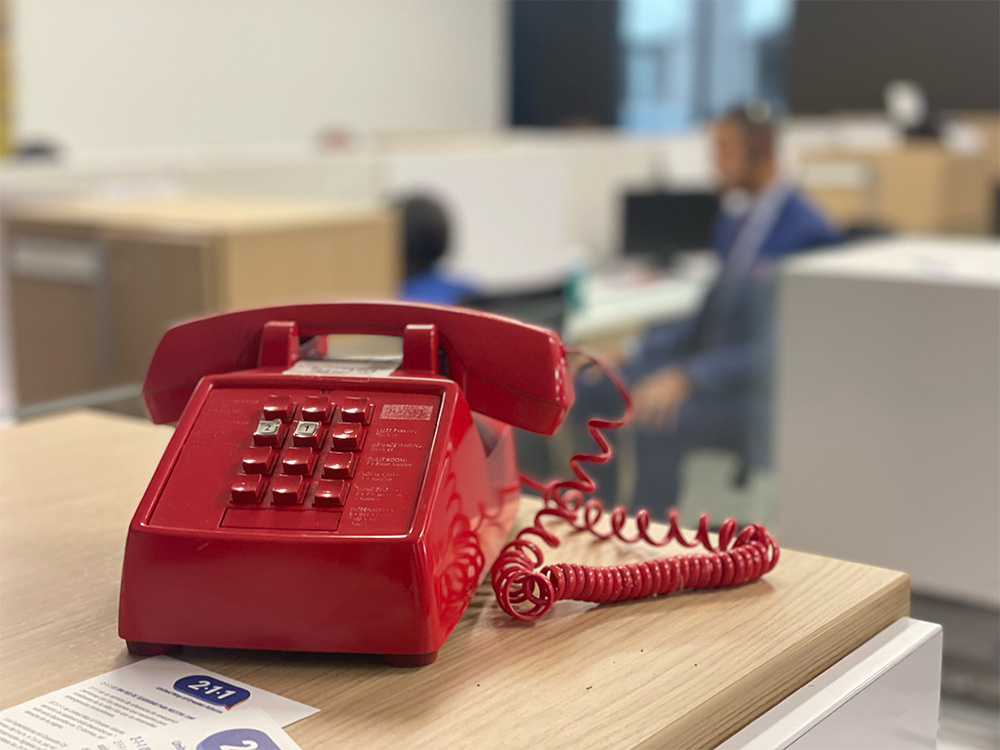
1997
Launch of United Way 211
Evolved from the Informational & Referral Service, in June 1997 United Way of Greater Atlanta created the nation’s first-ever 211 Contact Center, a 24/7 multi-language referral service connecting people to the resources and support they need. In Atlanta, 211 responds to more than 300,000 requests for help each year and the service has been adopted nationally, with 211 available in 99% of the U.S.
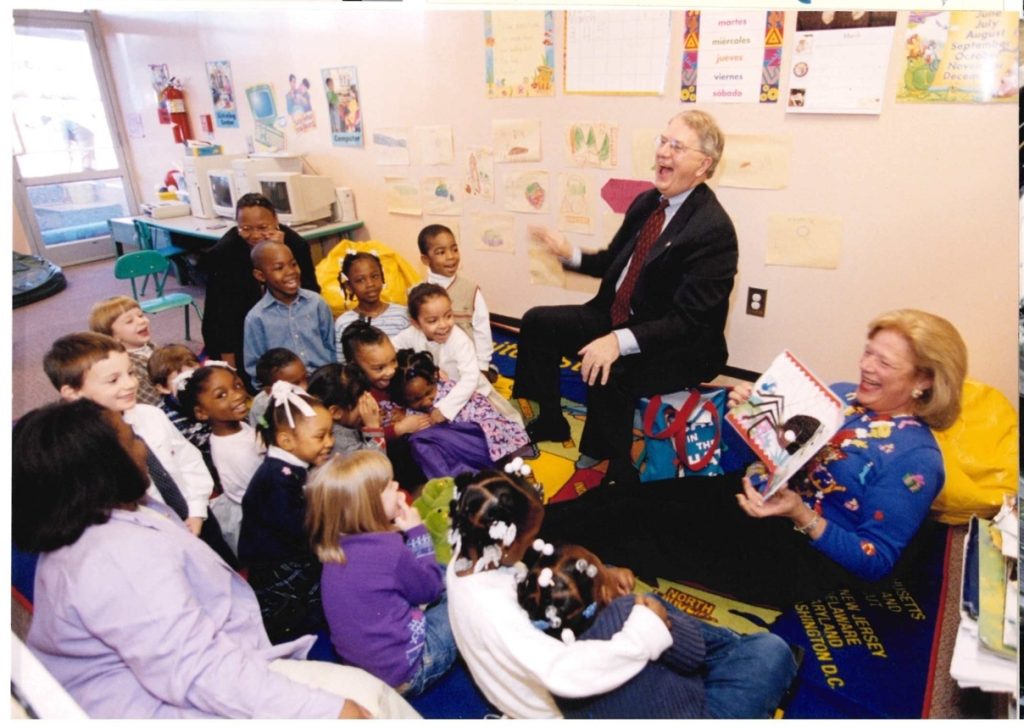
1999
Georgia Early Learning Initiative (GELI)
In response to community needs, United Way of Greater Atlanta approached Governor Roy Barnes to help increase affordable quality childcare. With the governor’s support, we launched GELI, which later became Smart Start Georgia, a public/private partnership aimed to ensure that every child in Georgia would start kindergarten ready to learn.
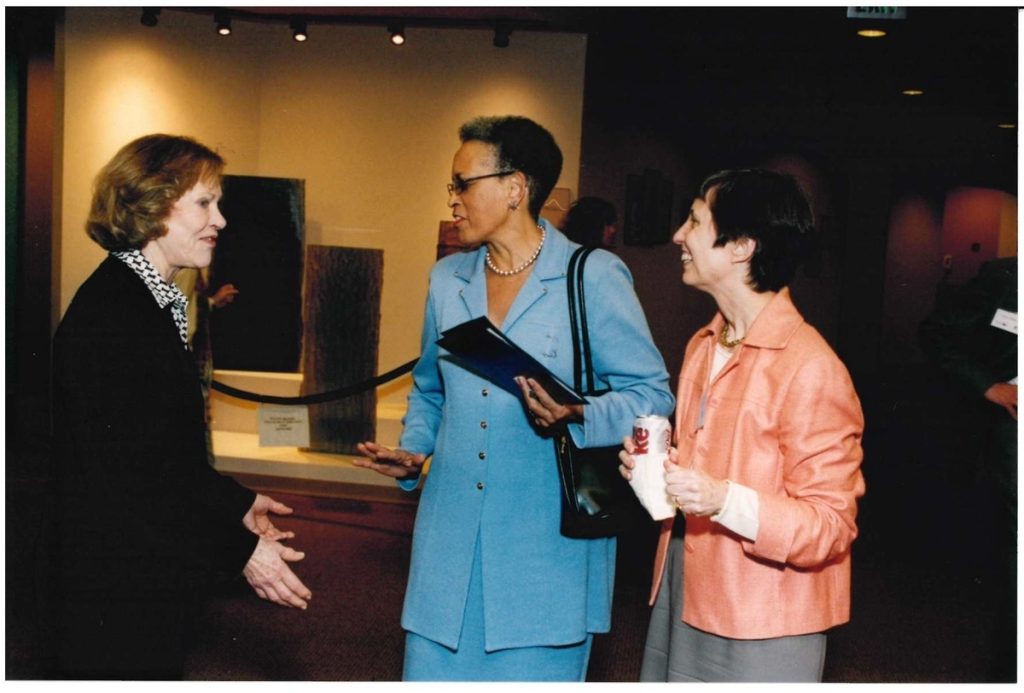
1999
Women United
Until the late 1990s, women were underrepresented in United Way of Greater Atlanta supporters and leadership. Dr. Johnnetta B. Cole, Ann Stallard and Anne Kaiser spearheaded a local movement to change that, creating United Way Women’s Legacy. Today that group is known as Women United and is more than 55,000 members strong, affecting positive change across 6 countries.
2000s - 2010s: Groundbreaking partnerships to improve child well-being
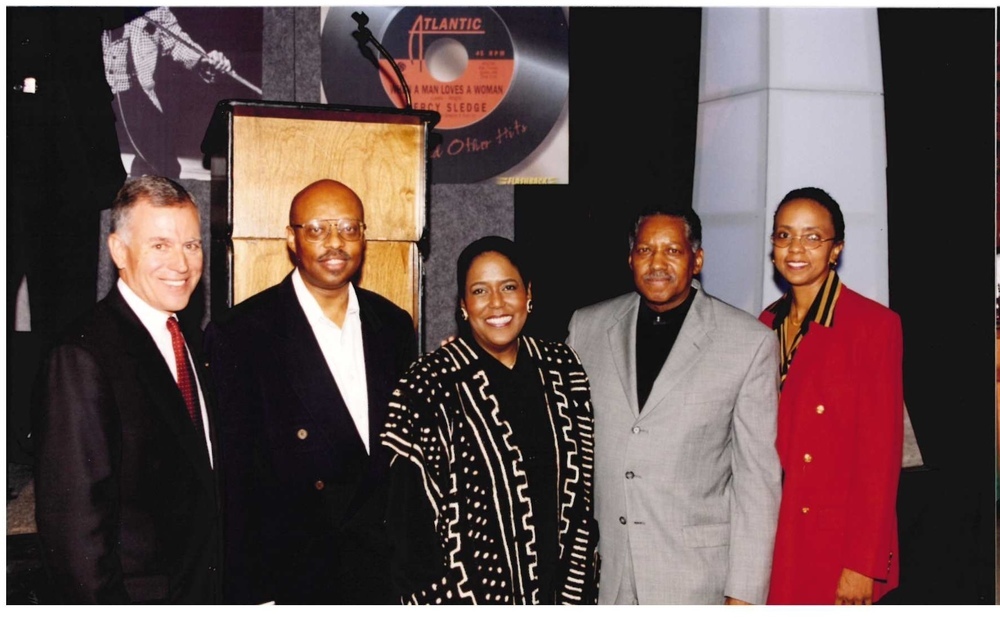
2000
African American Partnership
Recognizing that the organization had more work to do to ensure all voices were represented, in 2000 United Way of Greater Atlanta created the African American Partnership (AAP). Today, AAP’s more than 1000 local members pave the way for the next generation of leaders through college and career readiness programming so all youth can reach their full potential.
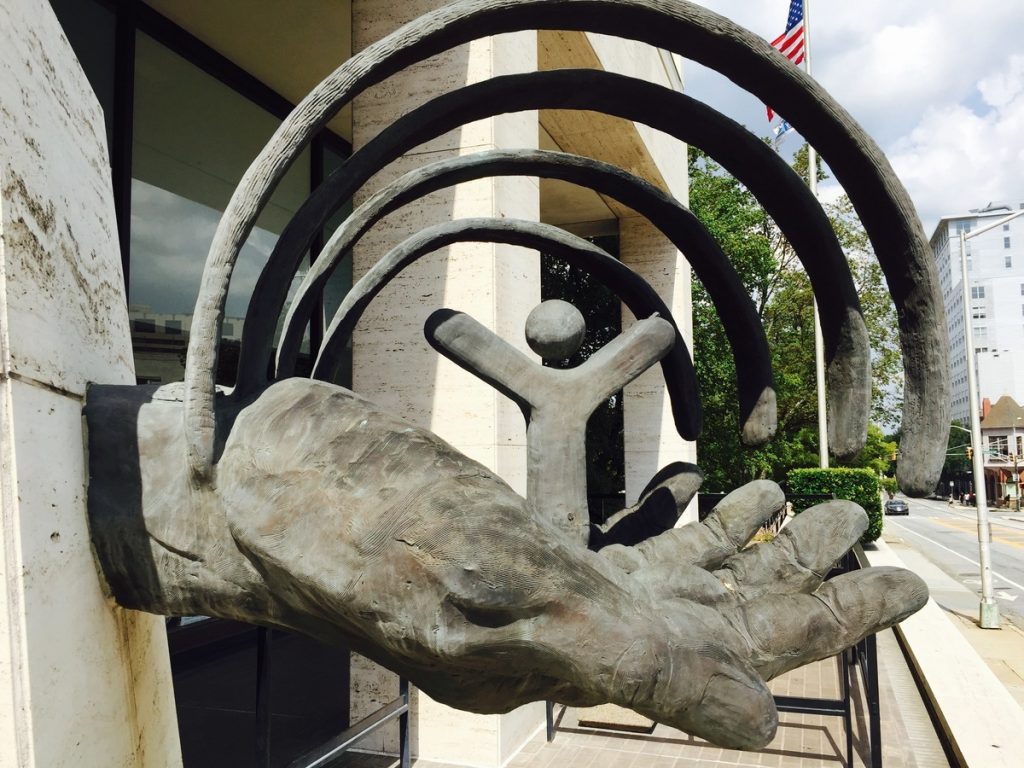
2002
A Helping Hand
Noted local sculptor Andy Davis was commissioned to turn the iconic circle of hope logo into a physical symbol of hope for the community, installed at 100 Edgewood Ave. The artwork included an eternal flame representing United Way’s commitment to addressing community needs.
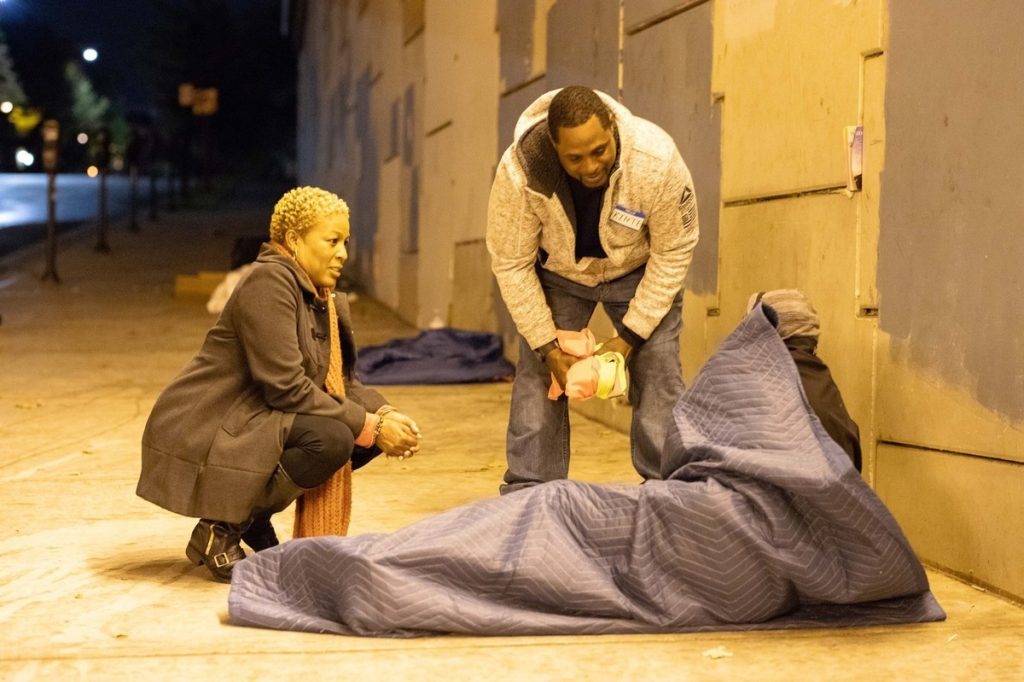
2003
Regional Commission on Homelessness
In 2003, Mayor Shirley Franklin approached United Way of Greater Atlanta to collaborate on a plan to help the region’s unhoused community. This public/private partnership led to the formation of the Regional Commission on Homelessness and Gateway Center, a central point of care for those experiencing chronic homelessness.

2005
Hurricane Katrina response
Weeks after Hurricane Katrina evacuees relocated to metro Atlanta, United Way of Greater Atlanta partnered with the AJC and Metro Atlanta Chamber to host the largest job fair ever held in Georgia, connecting more than 15,000 job seekers with 300 employers. Headed by retired BellSouth Georgia president Carl Swearingen and coordinated by former Church’s Chicken president Hala Moddelmog, United Way created Neighbors Helping Neighbors: Uniting for Life after Katrina to organize local response efforts, including the job fair.
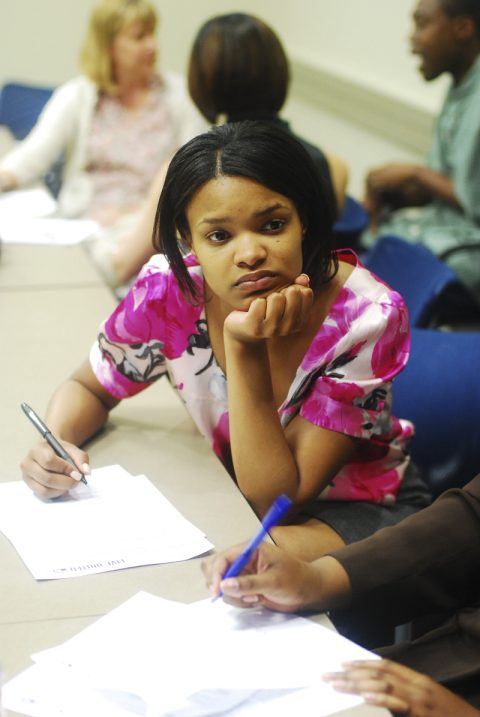
2010
Fresh Start
As Greater Atlanta communities felt the effects of the economic recession, United Way partnered with the Georgia Department of Human Services (DHS) to administer a statewide federal relief program, processing 17,000 applications and distributing $20.2 million in 100 days.
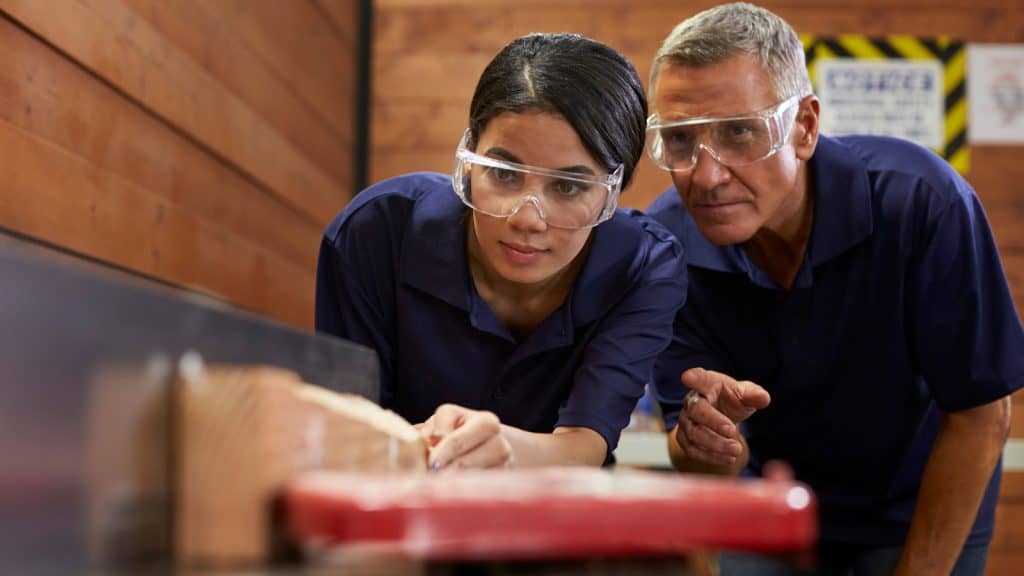
2011
CareerRise
Incubated at United Way of Greater Atlanta, CareerRise began by bringing local funders together with the common goal of helping to create jobs with sustainable wages that enable families to support themselves and build wealth. Spun off as its own nonprofit in 2022, CareerRise continues to strengthen the local workforce, improve economic mobility and build a more prosperous region.
2012
Atlanta Regional Collaborative for Health Improvement (ARCHI)
Co-founded with the Atlanta Regional Commission (ARC), the Georgia Health Policy Center at Georgia State University and Kaiser Permanente, ARCHI is a growing coalition of public, private and nonprofit organizations committed to reducing health disparities and improving the region’s health.
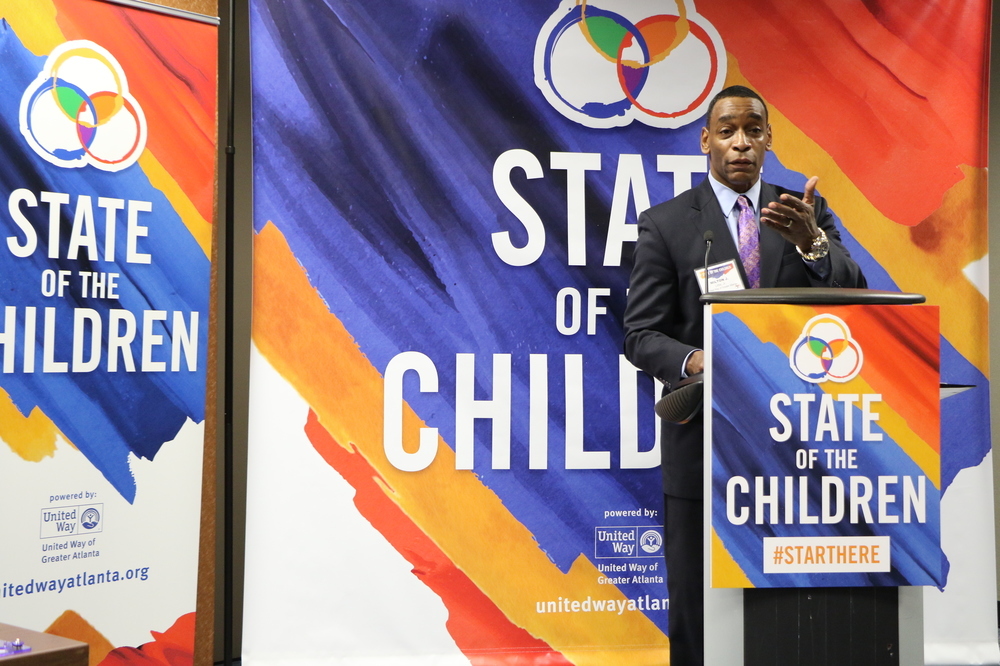
2017
Child Well-Being Index
A critical tool that helps determine how well children, their families and the community are doing, we launched this critical tool in 2017 to serve as a community health barometer. The Index enables United Way and its local partners to identify major areas of need, track progress and determine what strategies are most effective at improving well-being. Neighborhood Nexus is the primary data partner for the Child Well-Being Index.
2020s to the future: A Greater Atlanta where everyone thrives
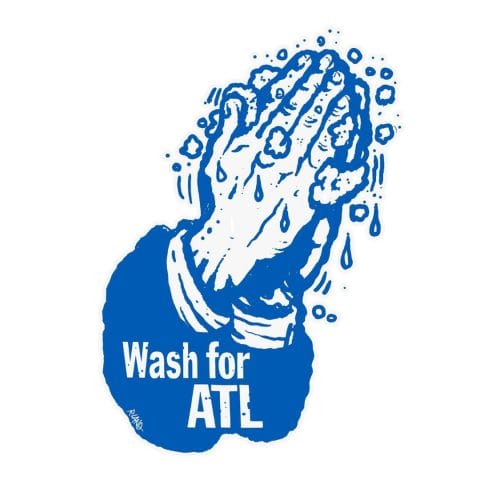
2020
Greater Atlanta COVID-19 Response & Recovery Fund
As COVID-19 affected health and employment, community needs rose and local nonprofits were stretched to their limits. United Way of Greater Atlanta quickly mobilized funds, launched relief programs and expanded 211 to meet demand. In partnership with Community Foundation for Greater Atlanta, we launched the COVID-19 Response & Recovery Fund, raising and distributing more than $28 million to 480 nonprofits to address urgent needs.
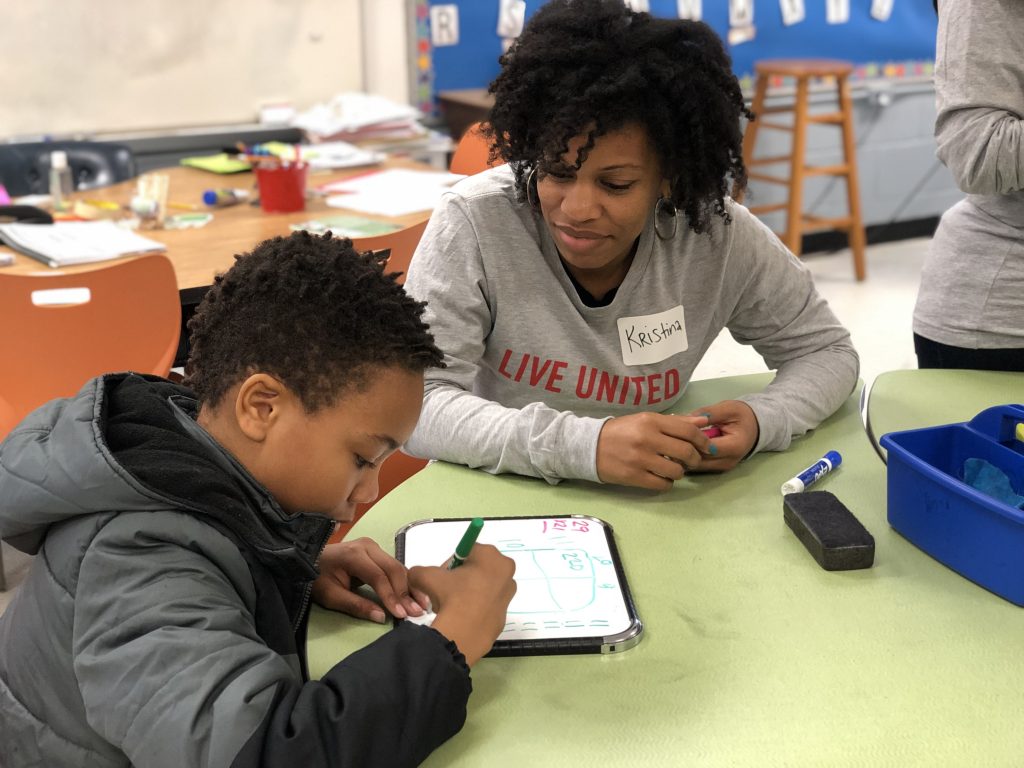
2020
United for Racial Equity & Healing Fund
The United for Racial Equity & Healing Fund was created to address the root causes of racial disparities in child well-being and change inequitable systems. Following the fund launch, 4500+ people across all 13 counties signed up for our educational Racial Equity Challenge series.

2023
Literacy & Justice for All
Through this new initiative, United Way of Greater Atlanta is making an unprecedented investment in establishing Metro Atlanta as a national model for equitable access to literacy for young children. With support from the Joseph B. Whitehead Foundation and in partnership with the Rollins Center for Language & Literacy, we’re already seeing groundbreaking improvements in reading scores in Marietta City Schools.
2024 and beyond
A brighter future
As we continue to evolve alongside Greater Atlanta, we’re using local data and uniting partners to build a brighter, more equitable future for all kids. United, we can ensure that every child has the opportunity to achieve their dreams and our communities have the resources to thrive.
